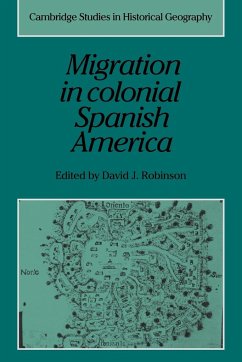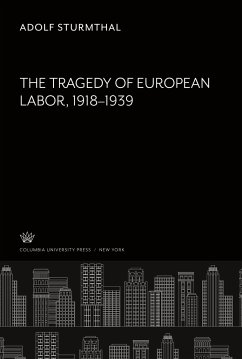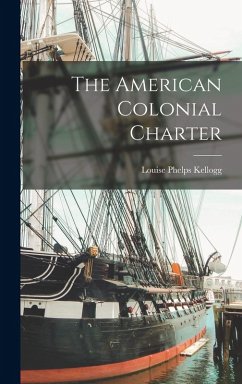
Britain's Sterling Colonial Policy and Decolonization, 1939-1958
Versandkostenfrei!
Versandfertig in 1-2 Wochen
87,99 €
inkl. MwSt.

PAYBACK Punkte
44 °P sammeln!
Arguing that Britain's sterling policy had a significant impact on its colonial economic policy, this book focuses on the connection between Britain's sterling and balance of payments policy, colonial economic policy, and the British government's decision to transfer power to colonial peoples. The volume considers such factors as sterling policy and the state of the British economy, U.S. and Western European pressure for multilateralism in Britain's trade and commercial policy, the movement toward independence in colonial territories, and the cost of financing colonial development and welfare....
Arguing that Britain's sterling policy had a significant impact on its colonial economic policy, this book focuses on the connection between Britain's sterling and balance of payments policy, colonial economic policy, and the British government's decision to transfer power to colonial peoples. The volume considers such factors as sterling policy and the state of the British economy, U.S. and Western European pressure for multilateralism in Britain's trade and commercial policy, the movement toward independence in colonial territories, and the cost of financing colonial development and welfare. The book argues that in the postwar years the assumptions guiding British policies for colonial political reform were undermined by postwar developments in Ghana, Nigeria, and the Malayan Federation--the three greatest dollar-earning colonies. As these colonies moved toward independence, their demands for development finance forced Britain to face the prospect of meeting such demands at great costs when the expenditure could not be justified. Britain extricated itself from this dilemma by transferring power to colonial peoples.












